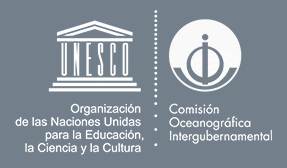Displaying 893 results.
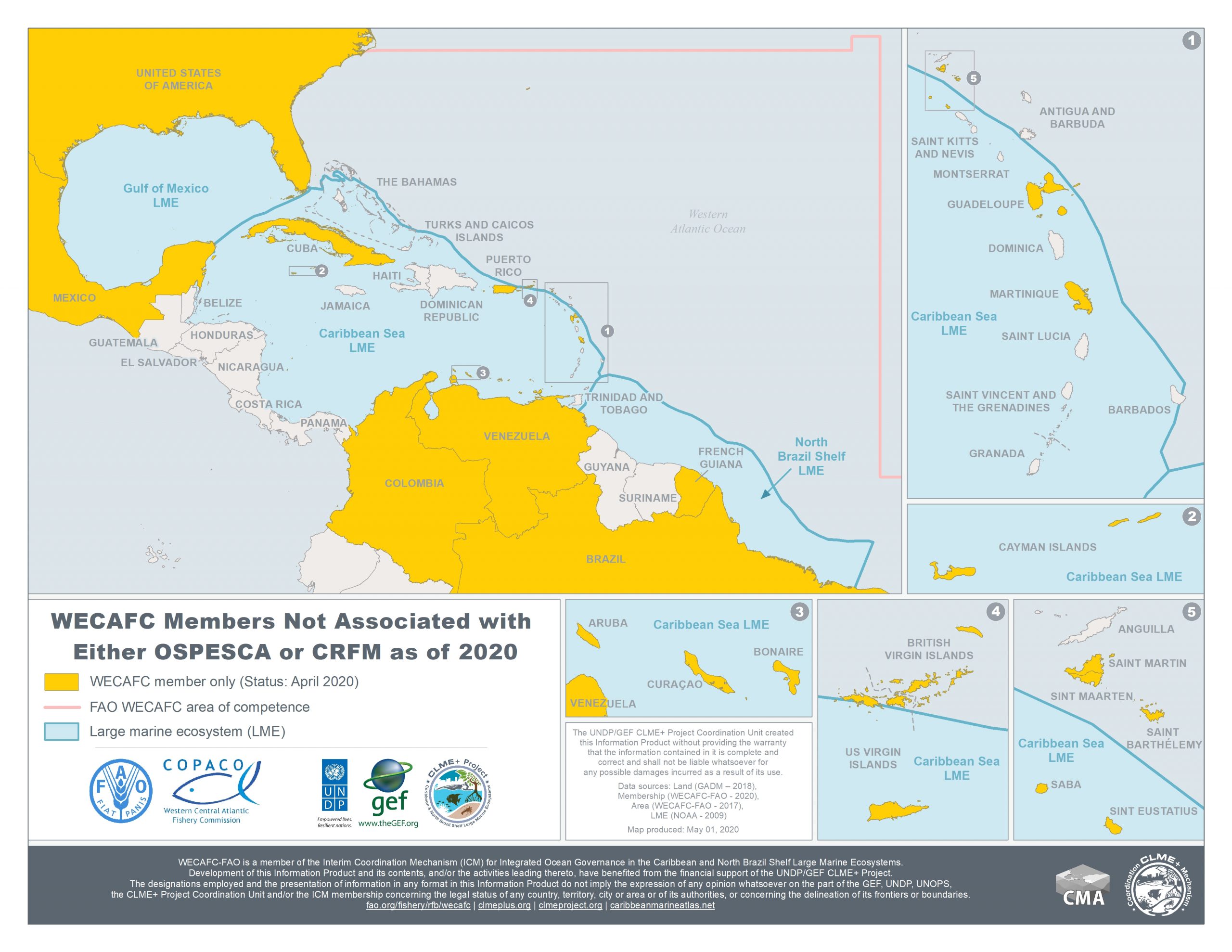
WECAFC Members Not Associated with Either OSPESCA or CRFM as of 2020
Author: CLME+ PCU
Year: 2020
Keywords: WECAFC Members Not Associated with Either OSPESCA or CRFM as of 2020
 5
5


 Report issue
Report issue
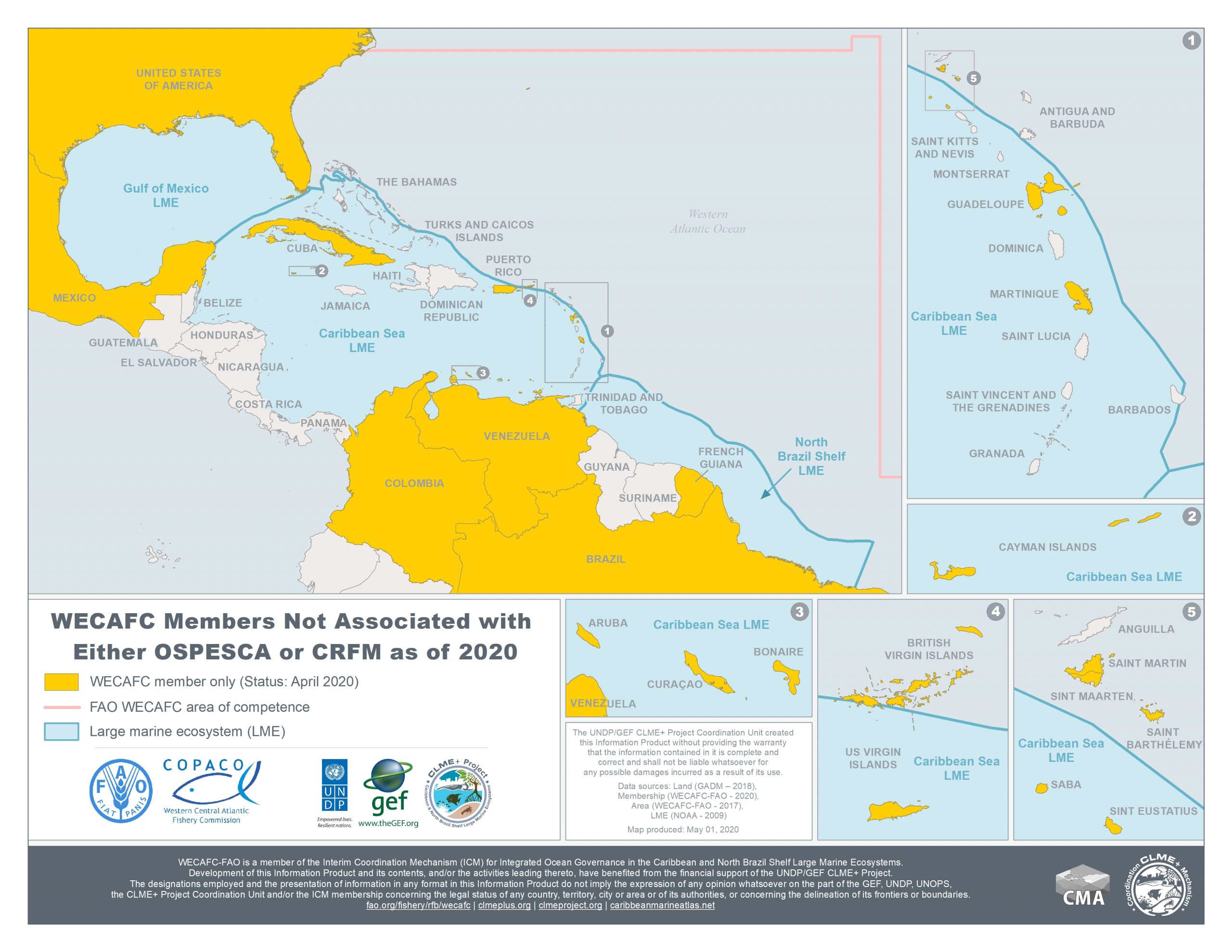
WECAFC Members Not Associated with Either OSPESCA or CRFM as of 2020
Author: CLME+ PCU
Year: 2020
Keywords: WECAFC Members Not Associated with Either OSPESCA or CRFM as of 2020
 4
4


 Report issue
Report issue
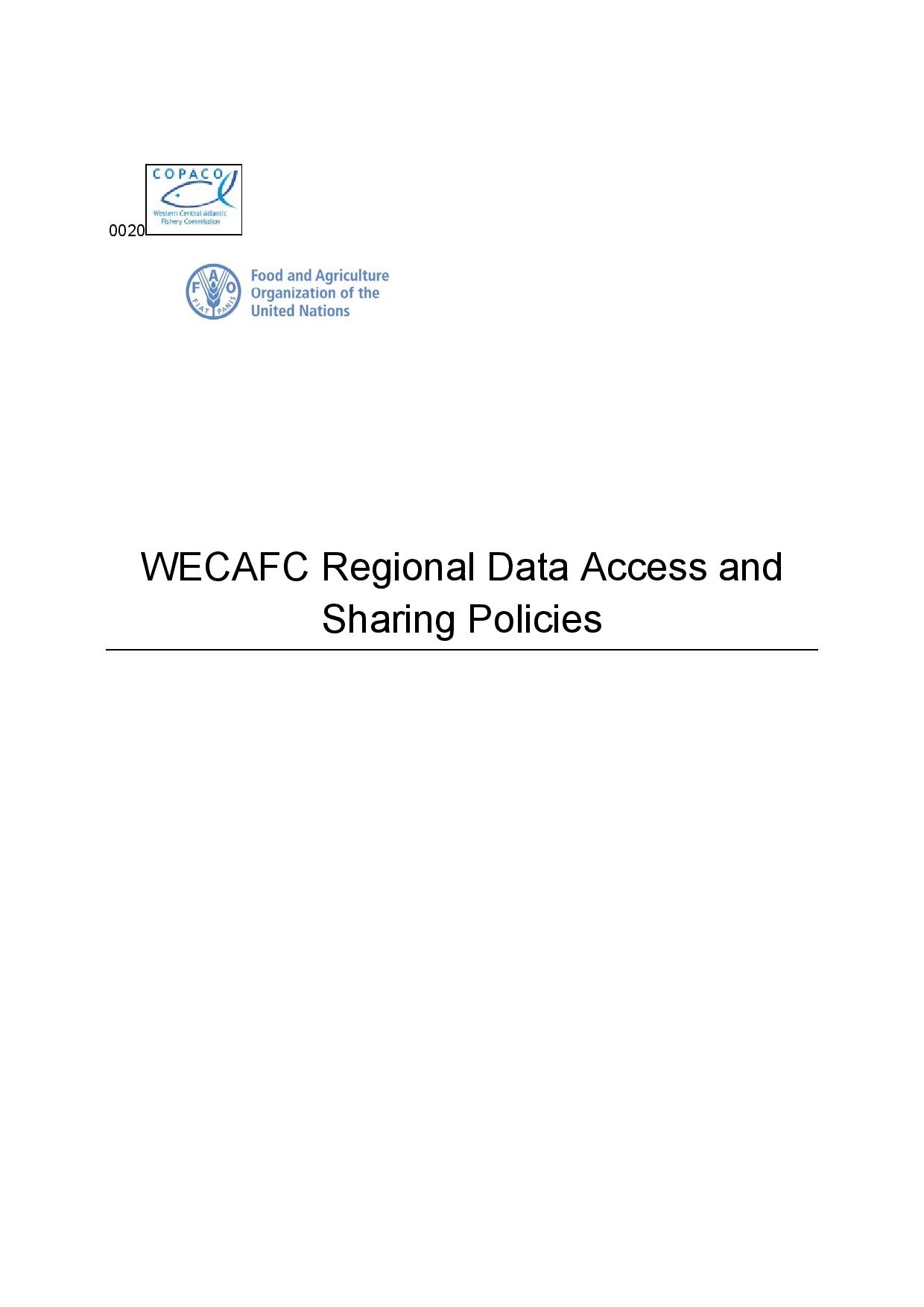
WECAFC Regional Data Access and Sharing Policies
Author: WECAFC
Year:
Keywords: Fisheries Data and Statistics Working Group
 5
5


 Report issue
Report issue
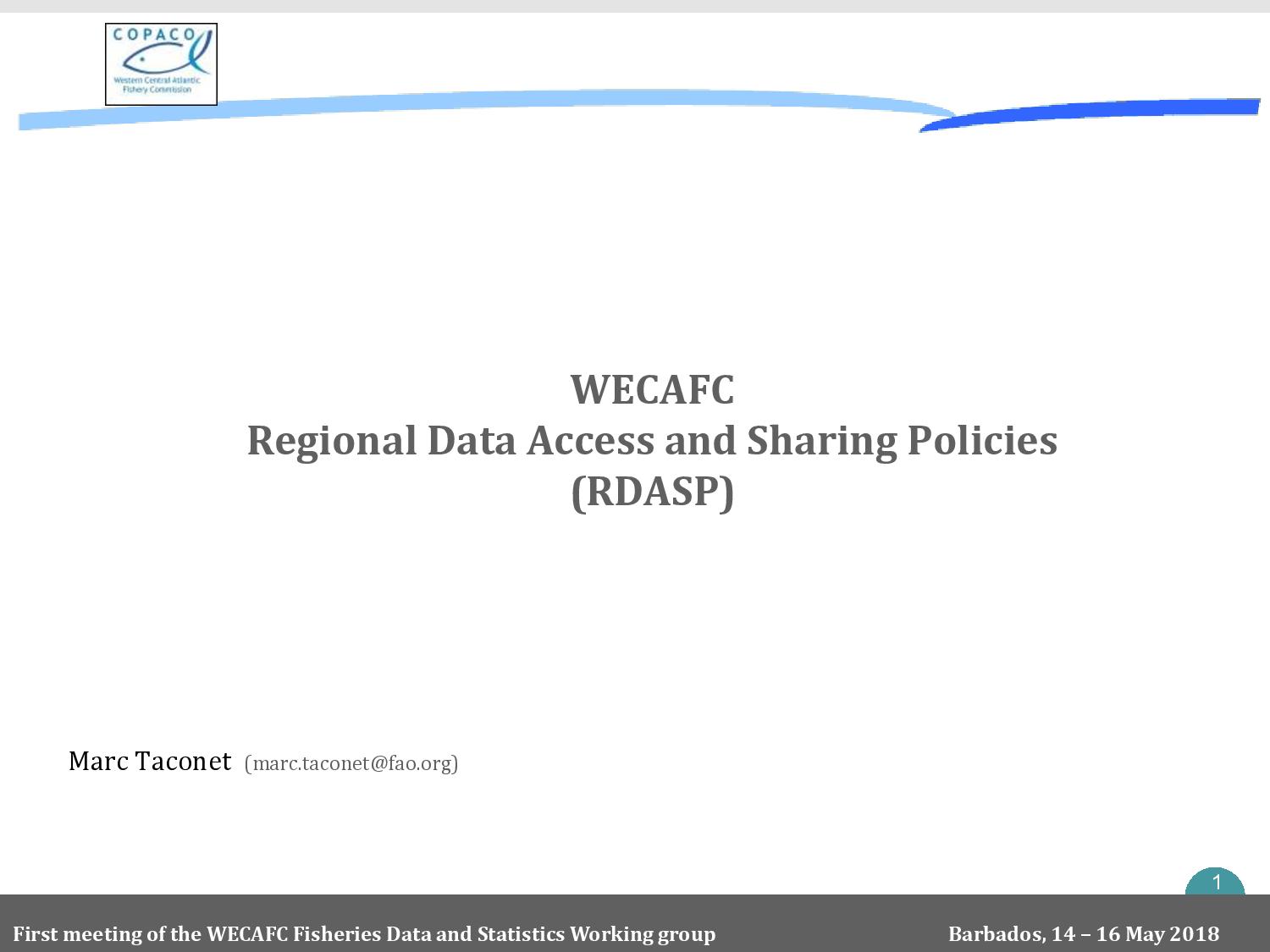
WECAFC Regional Data Access and Sharing Policies
As governing instruments, data access and sharing policies are meant to set principles and boundaries which shall govern the in and-out flow of data by the WECAFC community, data security and confidentiality aspects, collaborative work through data sharing, and publishing.
Author: Taconet, M.
Year: 2018
Keywords: Fisheries Data and Statistics Working Group
 4
4


 Report issue
Report issue
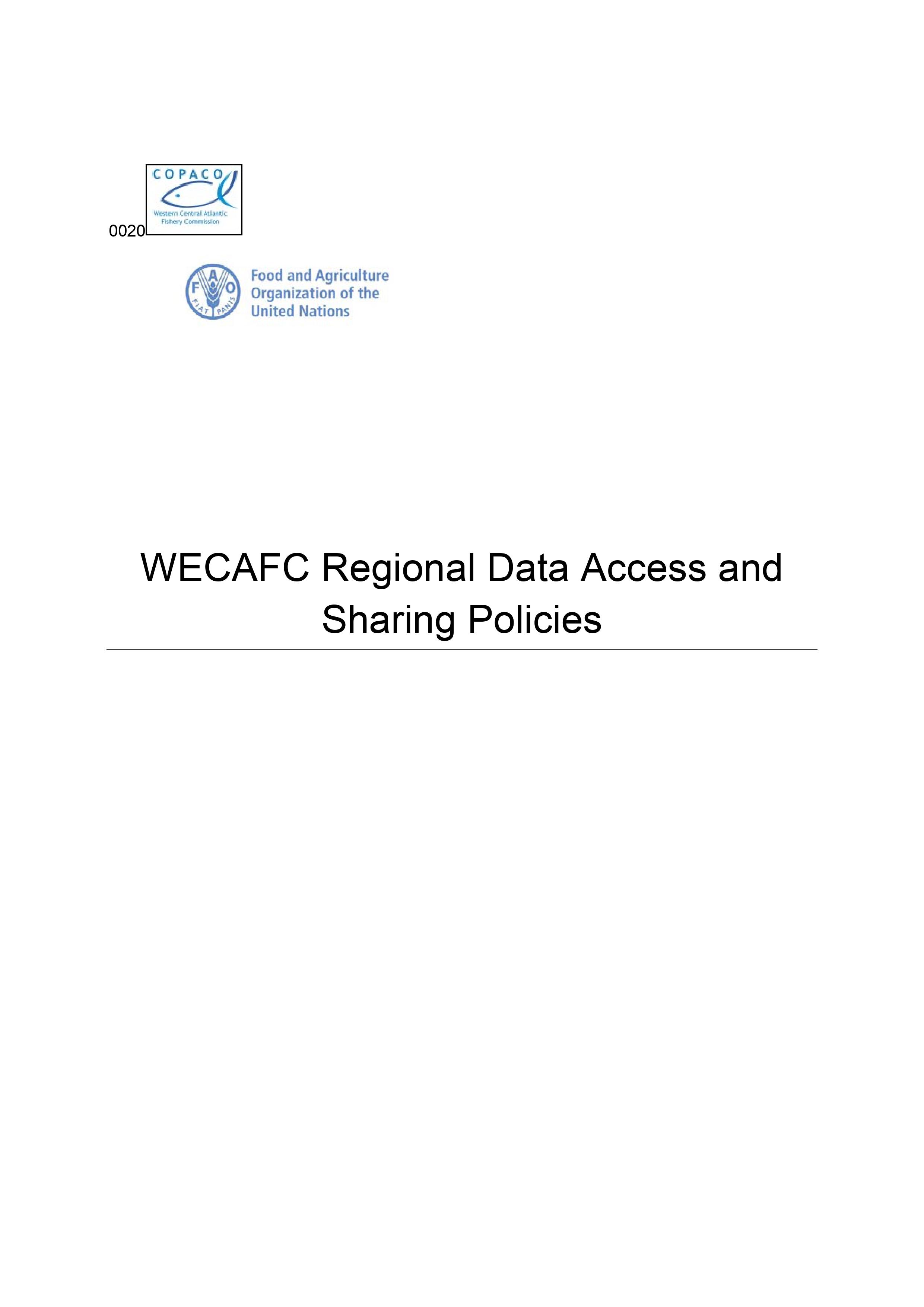
WECAFC Regional Data Sharing and Access Policies
WECAFC member countries recognized in the 1970s and 1980s that without the necessary data and information, it would be impossible for the countries in the region to manage their shared fisheries. Following major investments by the countries, with support from the Danish Government (DANIDA) capacity building projects and the FAO/Norway EEZ programme (1982 -1985), the availability of data and information on the status of the stocks and the fisheries improved significantly.
The proposed WECAFC data management and related Regional Data Sharing and Access Policies respond to international and regional data strategies including, in a context of multiple reporting requirements, the need for streamline data reporting, as well as collaboration and harmonization among RFBs and other national and regional institutions involved in improving the state of marine resources (WECAFC-CRFM-OSPESCA MoU) and that of the marine environment (SAP). Fostering public awareness while providing access to the underlying scientific evidence, and involving stakeholders in the collection and ownership of data processes feature high in those strategies, described below.
Author: Laurent, Y.
Year: 2018
Keywords:
 4
4


 Report issue
Report issue
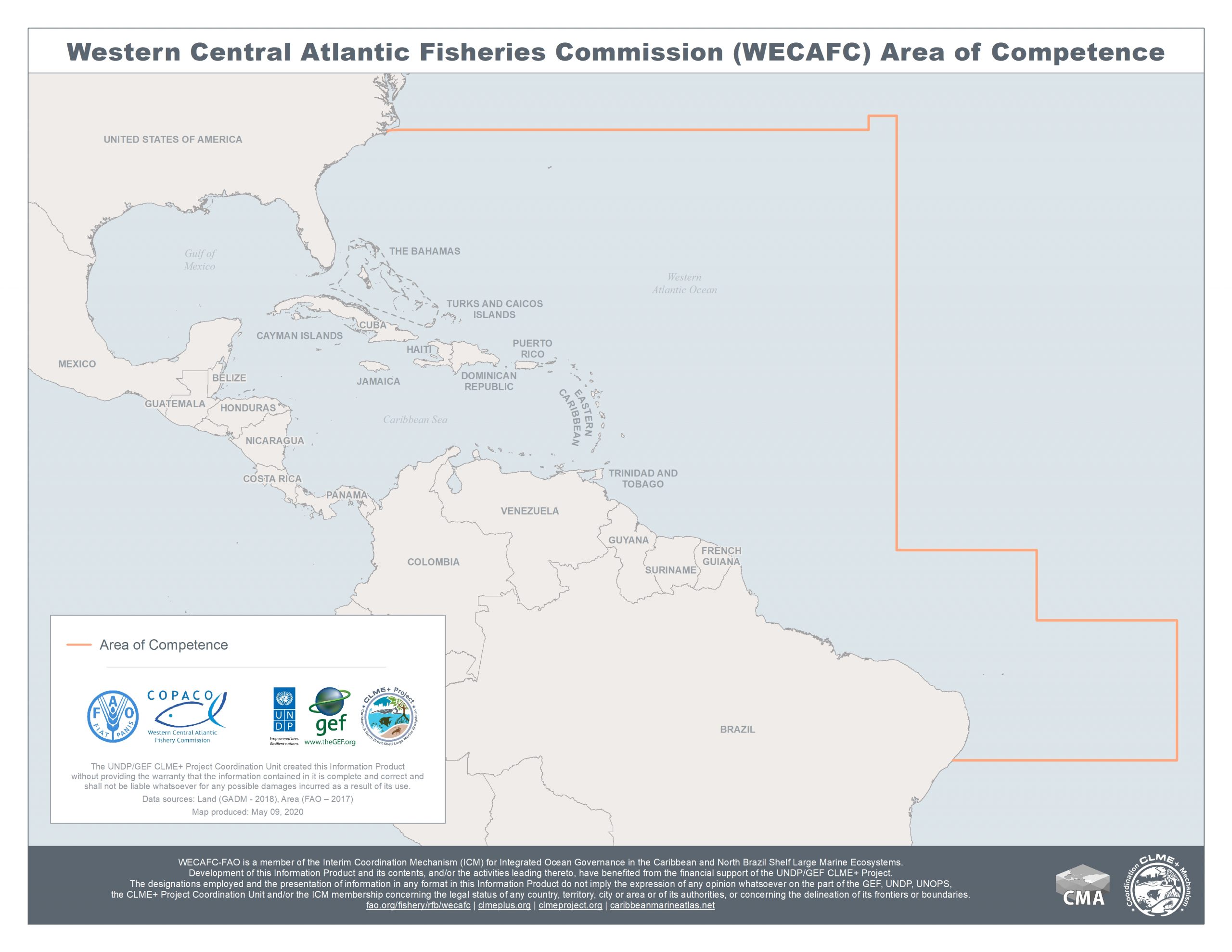
Western Central Atlantic Fisheries Commission (WECAFC) Area of Competence
Author: CLME+ PCU
Year: 2020
Keywords: Western Central Atlantic Fisheries Commission (WECAFC) Area of Competence
 6
6


 Report issue
Report issue
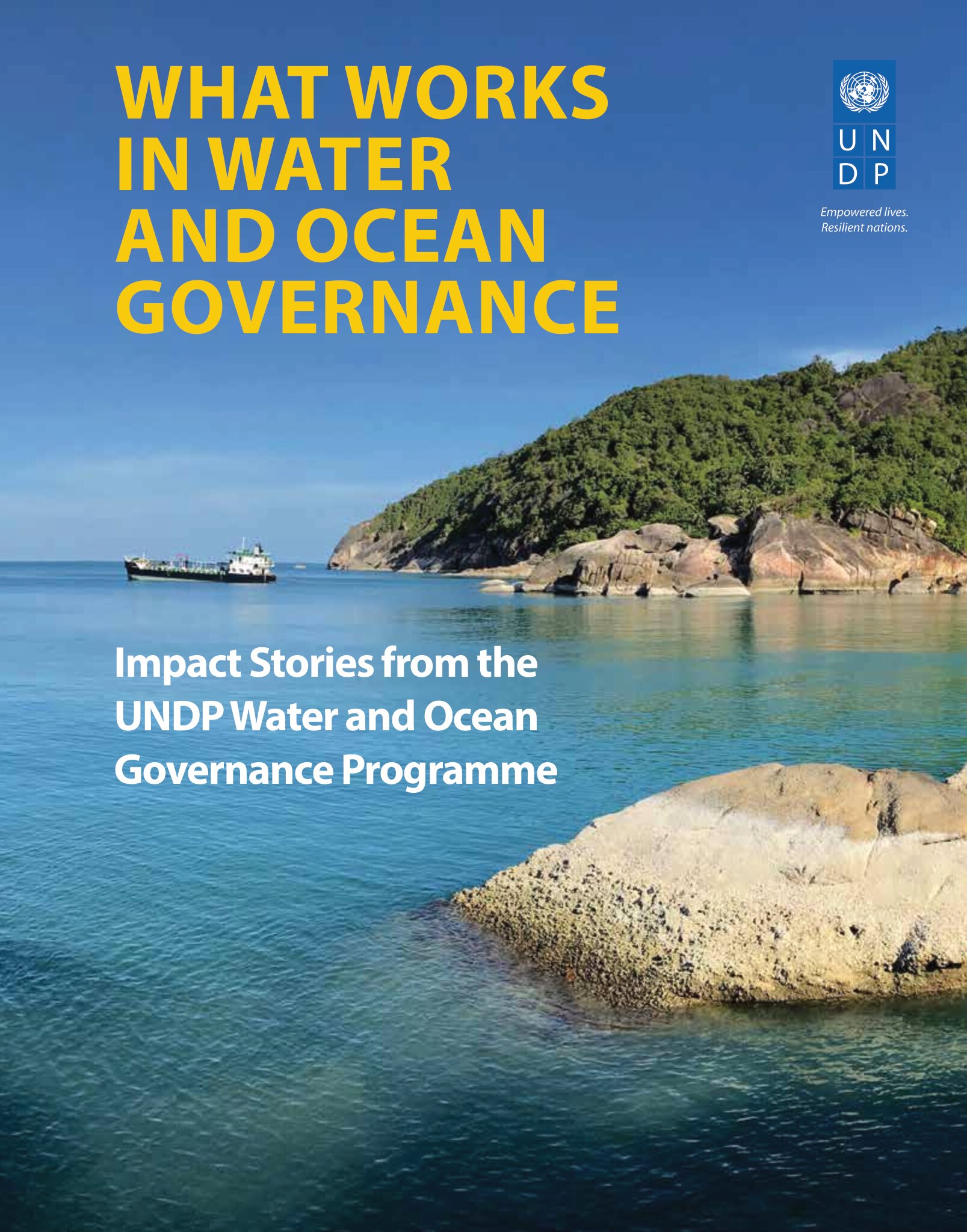
What Works In Water And Ocean Governance – Impact Stories from the UNDP Water and Ocean Governance Programme
This report reviews a selected set of projects under the umbrella of the Water and Ocean Governance Programme (WOGP), with a view to exploring what has worked on the ground in terms of assisting countries and stakeholders to reform their water and ocean governance frameworks. The analysis inserts the reported transformation into the steps of the WOGP theory of change, as a way of identifying the factors that helped stakeholders improve their way of interaction and realize governance reforms.
Author: UNDP
Year: 2018
Keywords:
 5
5


 Report issue
Report issue
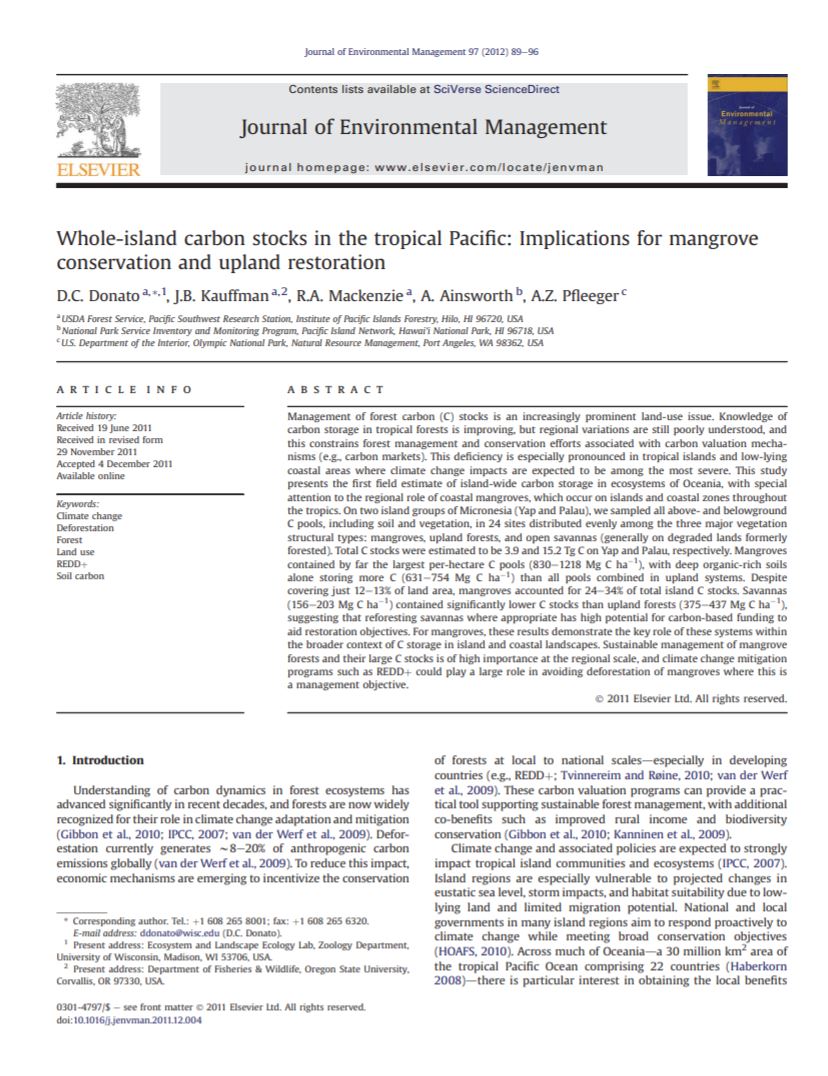
Whole-island carbon stocks in the tropical Pacific: Implications for mangrove conservation and upland restoration
Management of forest carbon (C) stocks is an increasingly prominent land-use issue. Knowledge of carbon storage in tropical forests is improving, but regional variations are still poorly understood, and this constrains forest management and conservation efforts associated with carbon valuation mechanisms (e.g., carbon markets). This deficiency is especially pronounced in tropical islands and low-lying coastal areas where climate change impacts are expected to be among the most severe. This study presents the first field estimate of island-wide carbon storage in ecosystems of Oceania, with special attention to the regional role of coastal mangroves, which occur on islands and coastal zones throughout the tropics. On two island groups of Micronesia (Yap and Palau), we sampled all above- and belowground C pools, including soil and vegetation, in 24 sites distributed evenly among the three major vegetation structural types: mangroves, upland forests, and open savannas (generally on degraded lands formerly forested). Total C stocks were estimated to be 3.9 and 15.2 Tg C on Yap and Palau, respectively. Mangroves
contained by far the largest per-hectare C pools (830e1218 Mg C ha1), with deep organic-rich soils alone storing more C (631e754 Mg C ha1) than all pools combined in upland systems. Despite
covering just 12e13% of land area, mangroves accounted for 24e34% of total island C stocks. Savannas (156e203 Mg C ha1) contained significantly lower C stocks than upland forests (375e437 Mg C ha1), suggesting that reforesting savannas where appropriate has high potential for carbon-based funding to aid restoration objectives. For mangroves, these results demonstrate the key role of these systems within the broader context of C storage in island and coastal landscapes. Sustainable management of mangrove forests and their large C stocks is of high importance at the regional scale, and climate change mitigation programs such as REDDþ could play a large role in avoiding deforestation of mangroves where this is a management objective.
Author: Donato, D., Kauffman, J., Mackenzie, R., Ainsworth, A., Pfleeger, A.
Year: 2012
Keywords: Island, Carbon, Stocks, Tropical pacific, Mangrove, conservation, upland restoration. blue carbon, mangroves
 5
5


 Report issue
Report issue
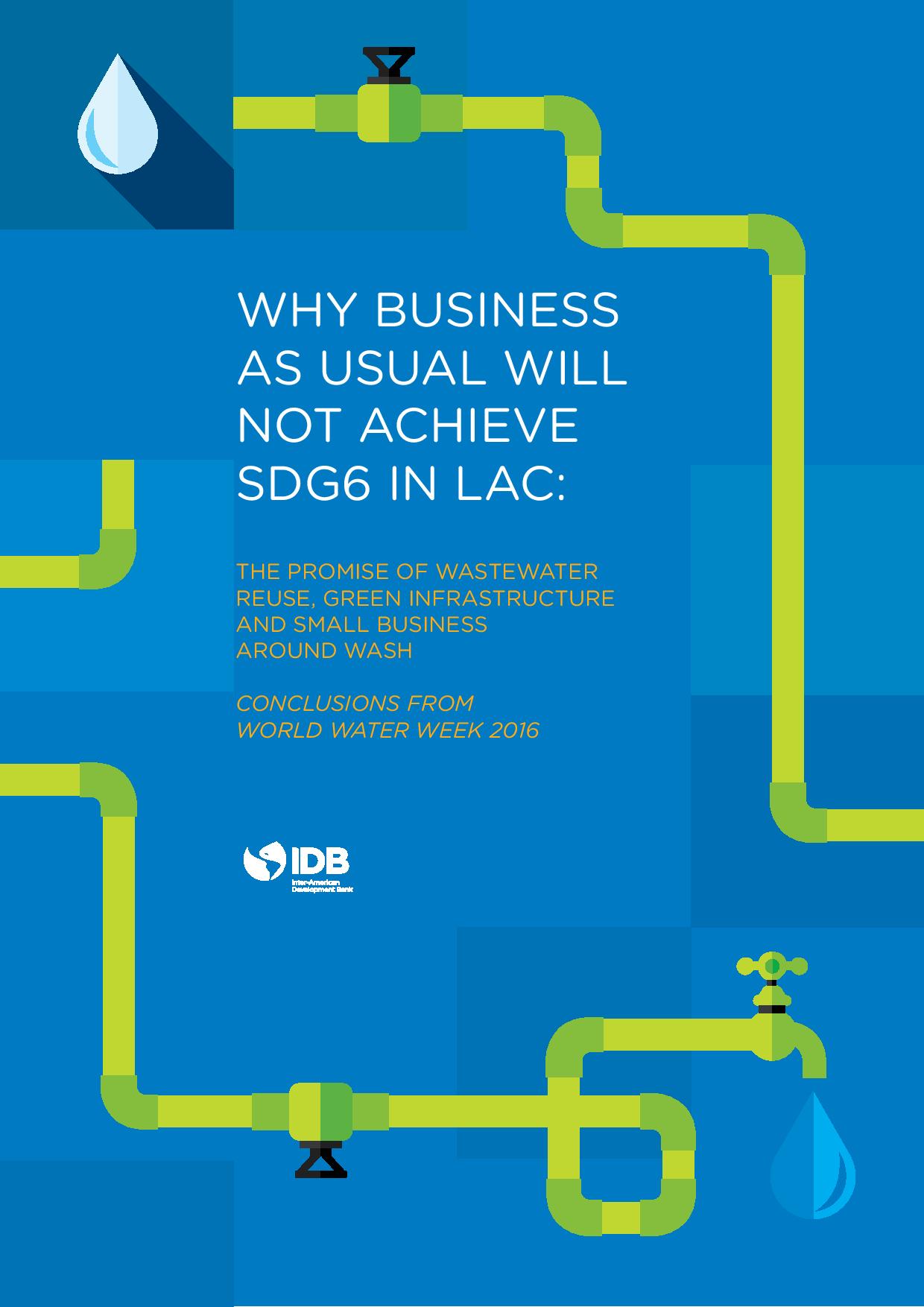
Why Bussiness As Usual Will Not Achieve SDG6 In Lac: The Promise of Wastewater Reuse, Green Infrastructure And Small Business Around Wash
Sustainable Development Goal #6 (SDG6) includes ambitious and comprehensive targets aiming for universal coverage of water, sanitation and hygiene (WASH) services and safe management and treatment of fecal sludge and wastewater, among others. In Latin America and the Caribbean (LAC), achieving SDG6 by 2030 will require significant effort and investment: at least US$ 14 billion annually will need to be mobilized solely to cover the capital costs associated with expanding and improving services.1 Despite much progress made towards increasing improved WASH coverage in LAC, there is still much work and investment needed, and the transition from an MDG framework to that of the SDGs will likely be a sobering “reality check” for the region with respect to the true scope, quality and challenges associated with achieving universal WASH coverage and sound water resource management.
Author: Sparkman, D and. Sturzenegger, G.
Year: 2017
Keywords:
 5
5


 Report issue
Report issue
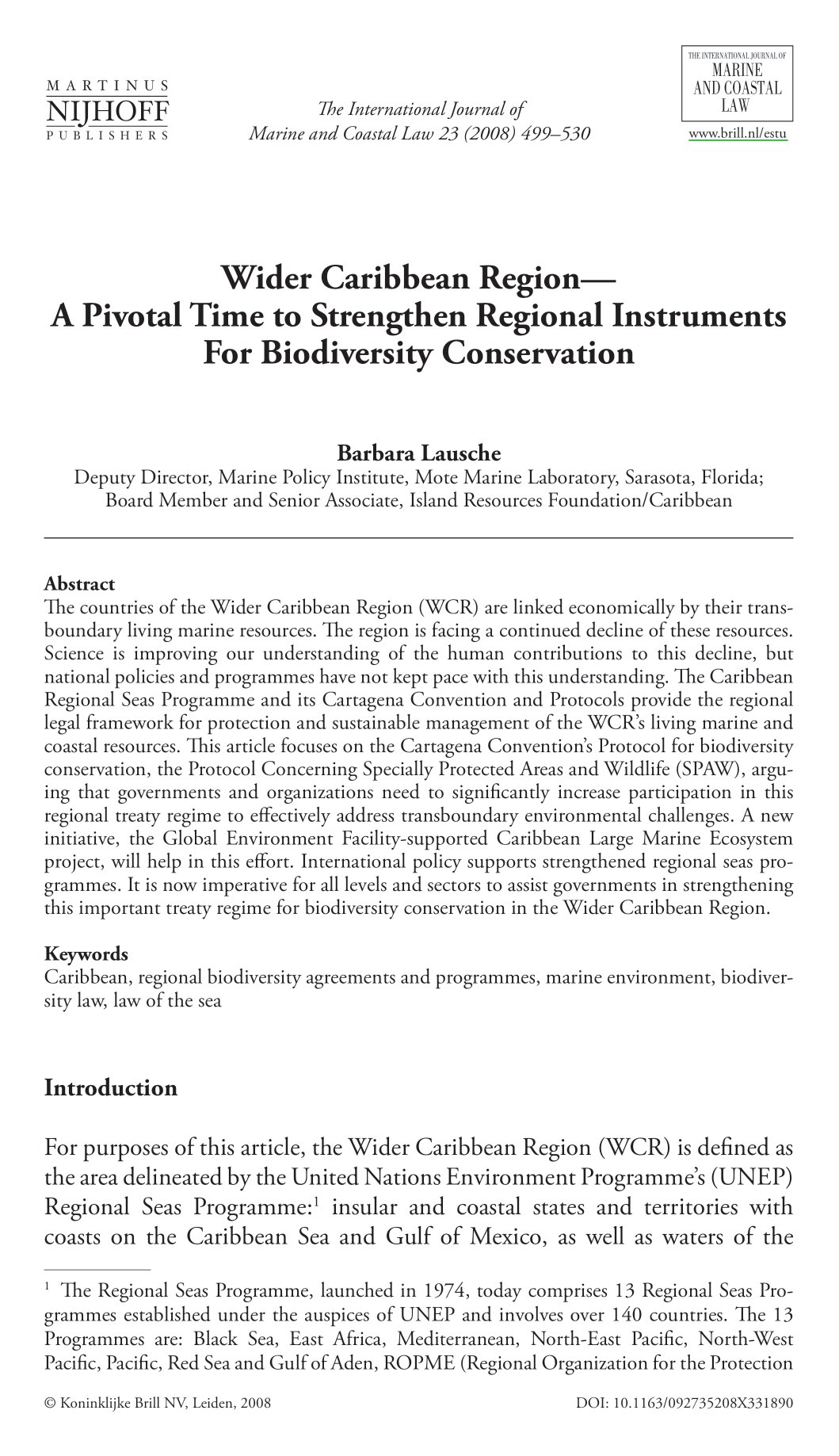
Wider Caribbean Region – A Pivotal Time to Strengthen Regional Instruments For Biodiversity Conservation
The countries of the Wider Caribbean Region (WCR) are linked economically by their transboundary living marine resources. Th e region is facing a continued decline of these resources. Science is improving our understanding of the human contributions to this decline, but national policies and programmes have not kept pace with this understanding. Th e Caribbean Regional Seas Programme and its Cartagena Convention and Protocols provide the regional legal framework for protection and sustainable management of the WCR’s living marine and coastal resources.
Author: Lausche, B.
Year: 2008
Keywords: biodiversity, marine habitats
 6
6


 Report issue
Report issue










